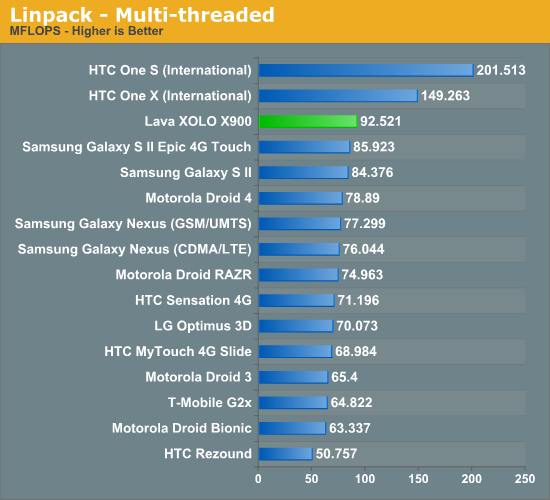Click. Epiphany. Here's a part...half baked, from lots of sources, dating back to the early days of pundits (e.g. early PC Week, e.g. John Dvorak, Jim Miller, etc...) mouthing off.
Intel has nothing to worry about. Microsoft does. And, after a fashion, Apple may "get it" after all (and this from a long-time Apple basher).
Through the beginning of the "computing age," the big selling point was reliability. IBM sold (and still sells) a lot of Big Iron based on the fact that it works. It happens, but is extremely rare for a mainframe system to crash.
Hardware-related crashes can be almost eliminated with the proper use of redundancy, clustering with failover, etc; concepts long in use in the mainframe world and in large server farms. Most crashes will thus be software-related. And that's why it is Microsoft, not Intel, that needs to worry. Intel can produce whatever hardware is desired, for whomever, from R&D to fabrication. Microsoft writes software. And, as reliability goes, they suck at it. Here's where Apple's closed system does better. They give up the phenomenal flexibility of the Windows environment, in exchange for systems that "just work." For many people, that's a fair trade. Cloud is moving in the same direction. With devices (from PC down to smartphone) essentially acting like dumb terminals into the "mainframe" cloud, data-destroying crashes ought to become a distant memory. With the real work being done elsewhere, the amount of processing power you have will lose relevance. It doesn't take much to run a dumb terminal. Intel will put its R&D might behind reducing power consumption, and soon we'll have devices that last for days on one charge. None of this applies to people who absolutely need local computing muscle (e.g. gamers), but Intel's got you covered already. What happens to Microsoft when WINE gets a whole lot better, or some great games finally get ported to Linux, or some other system? Intel is safe no matter, but Microsoft better wake up and smell the pizza...







